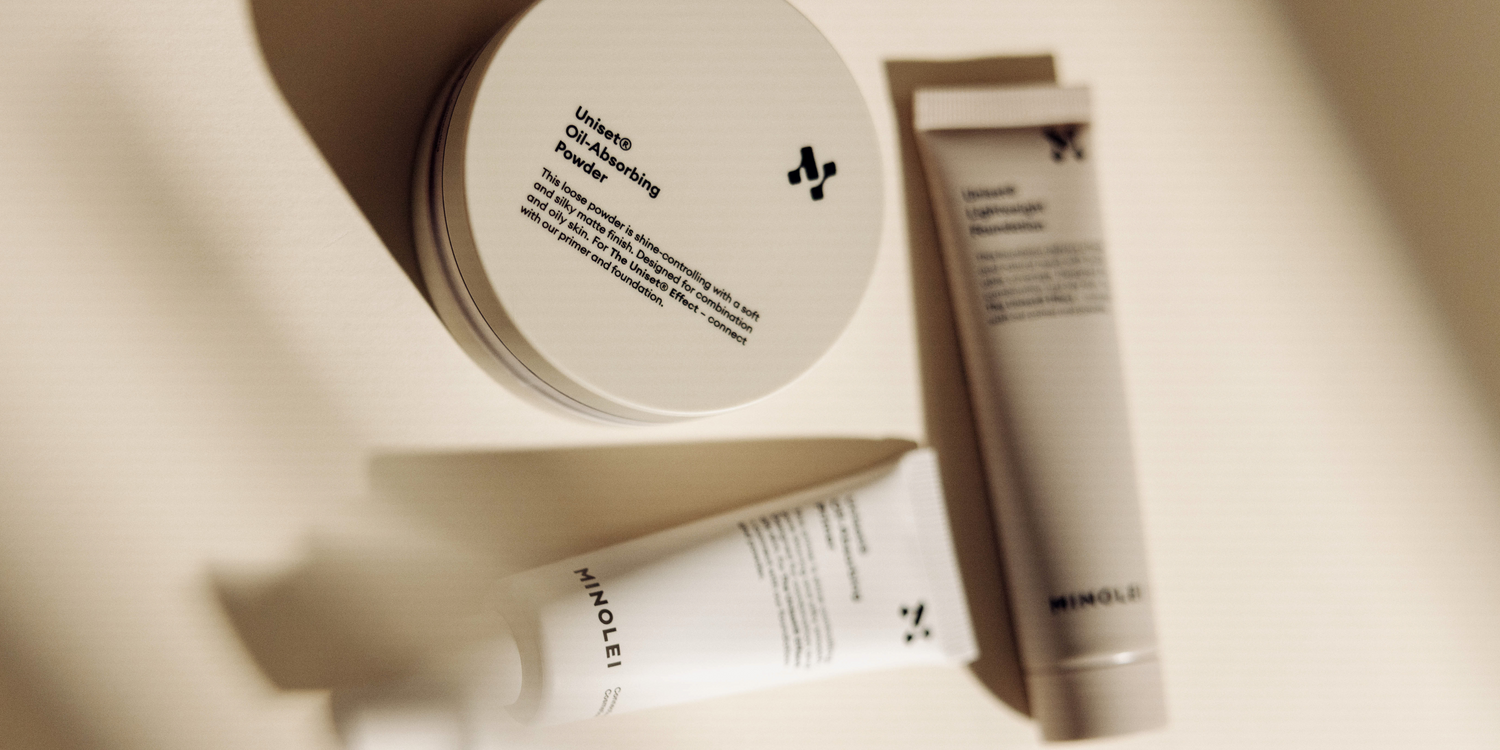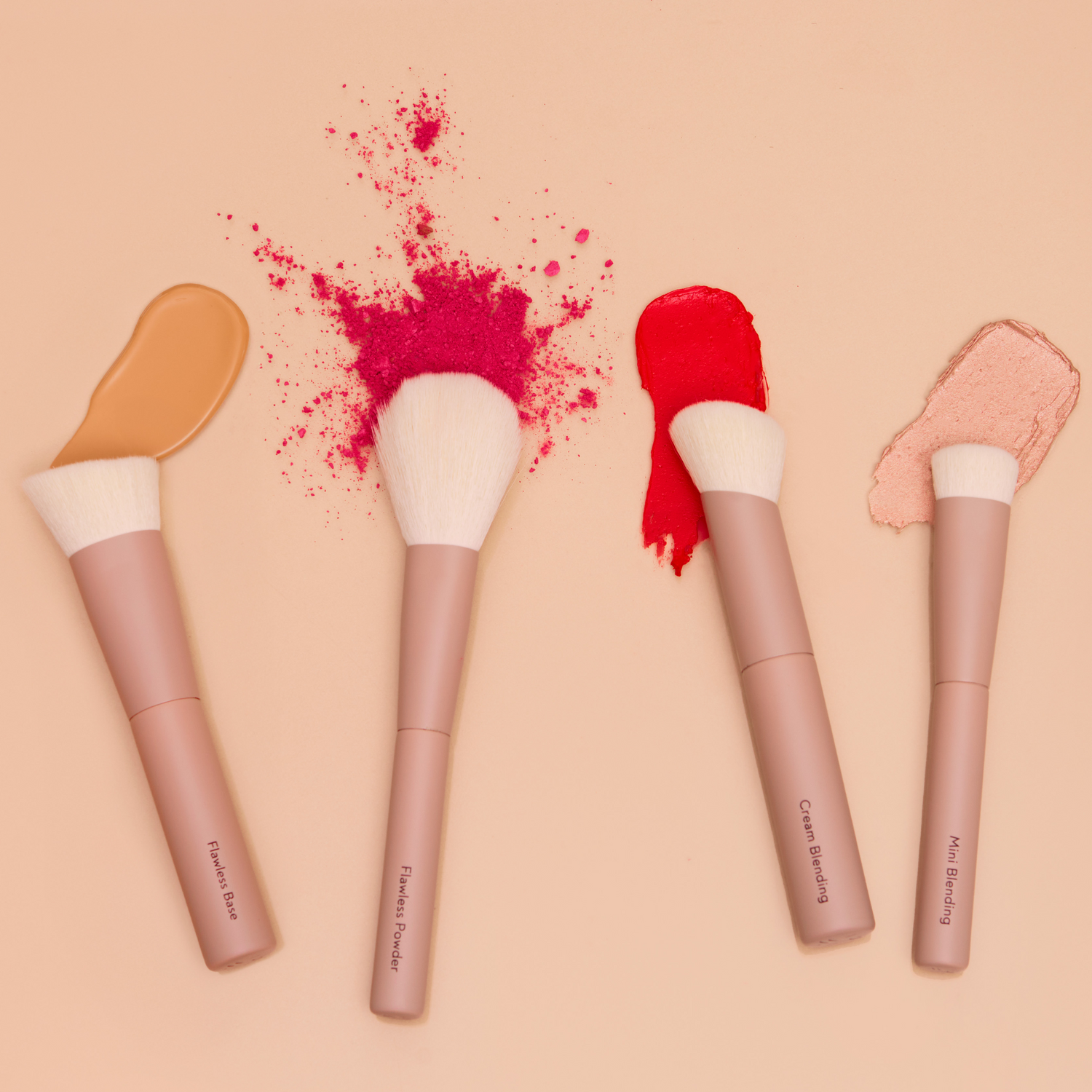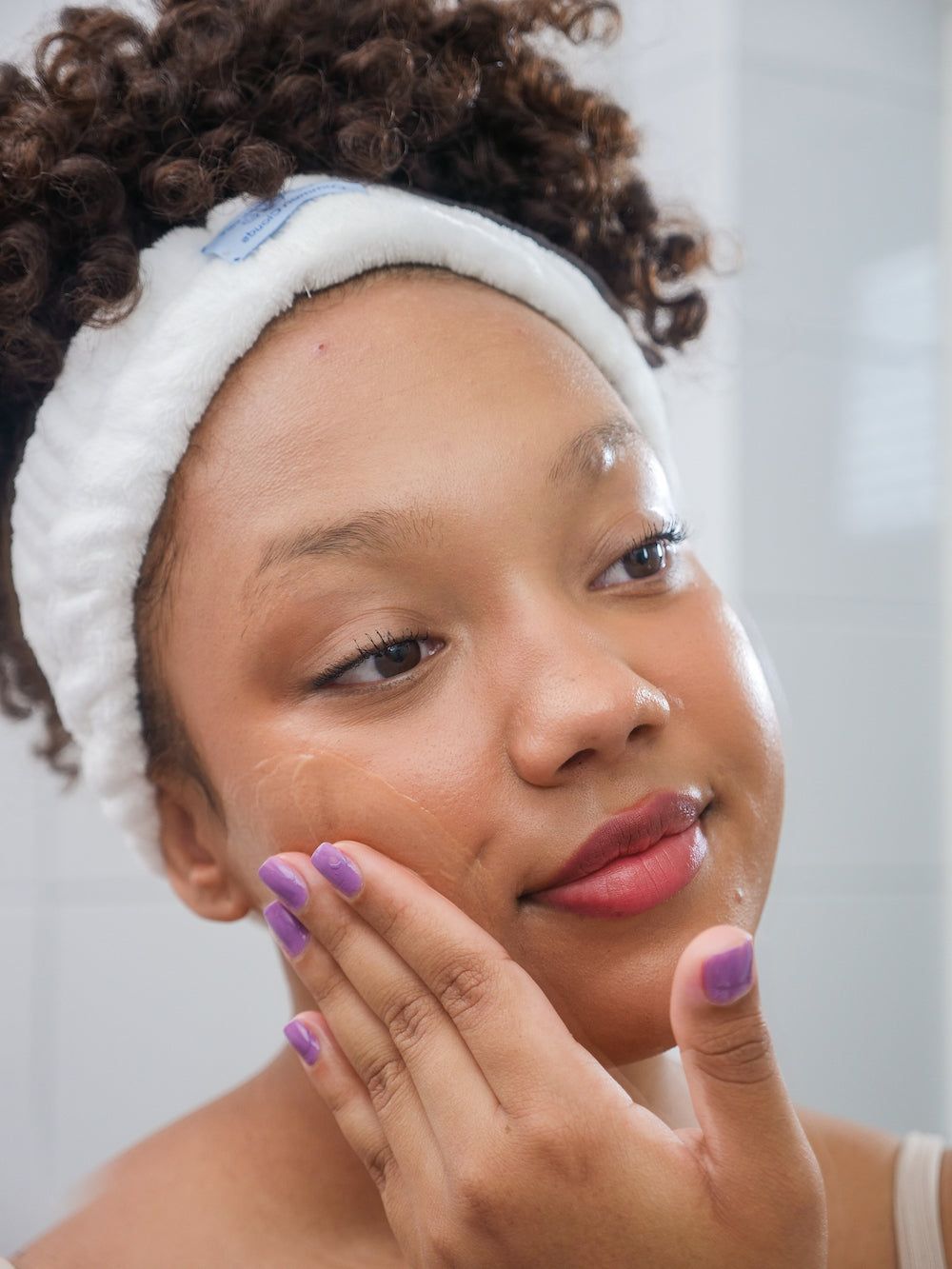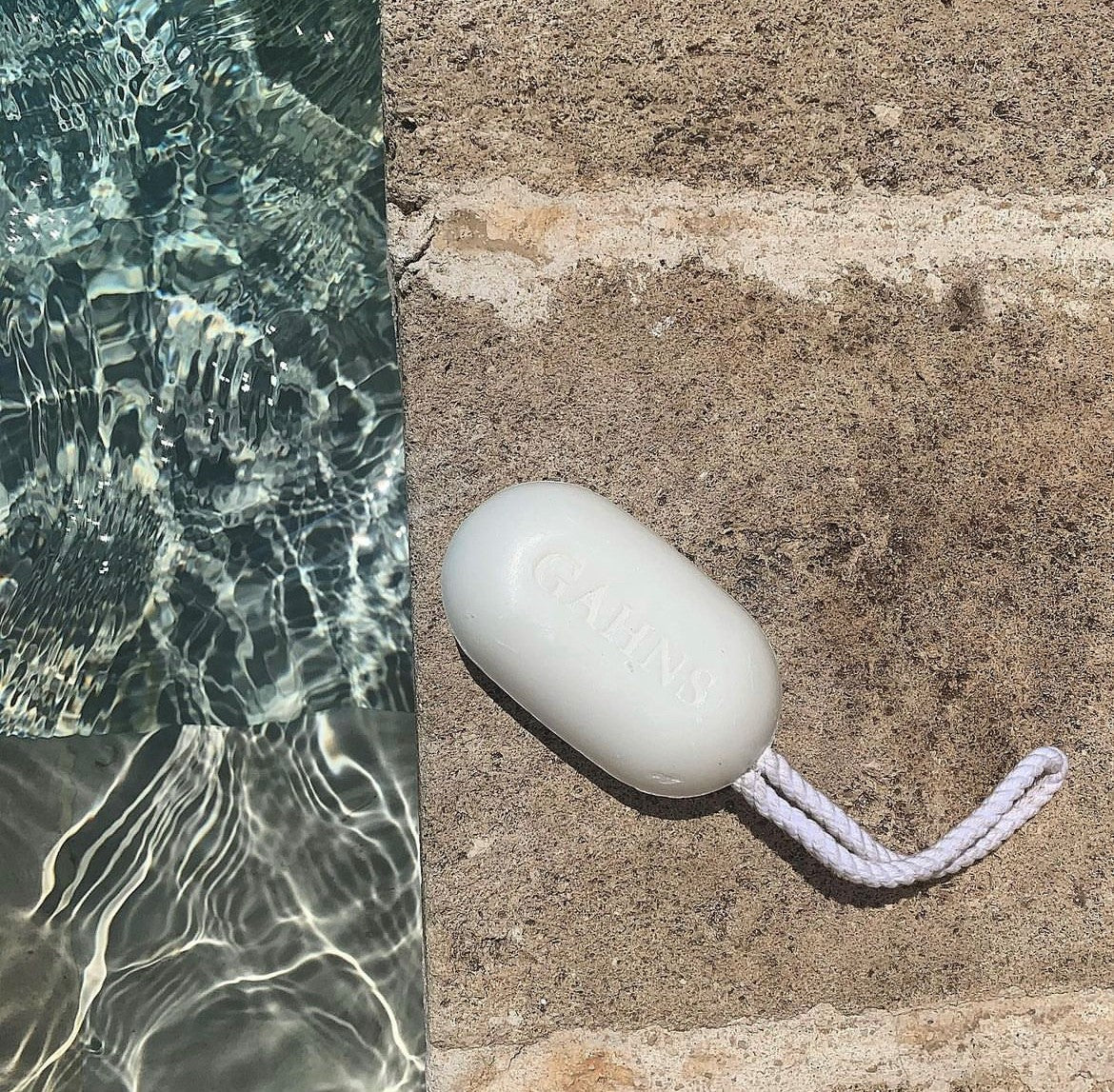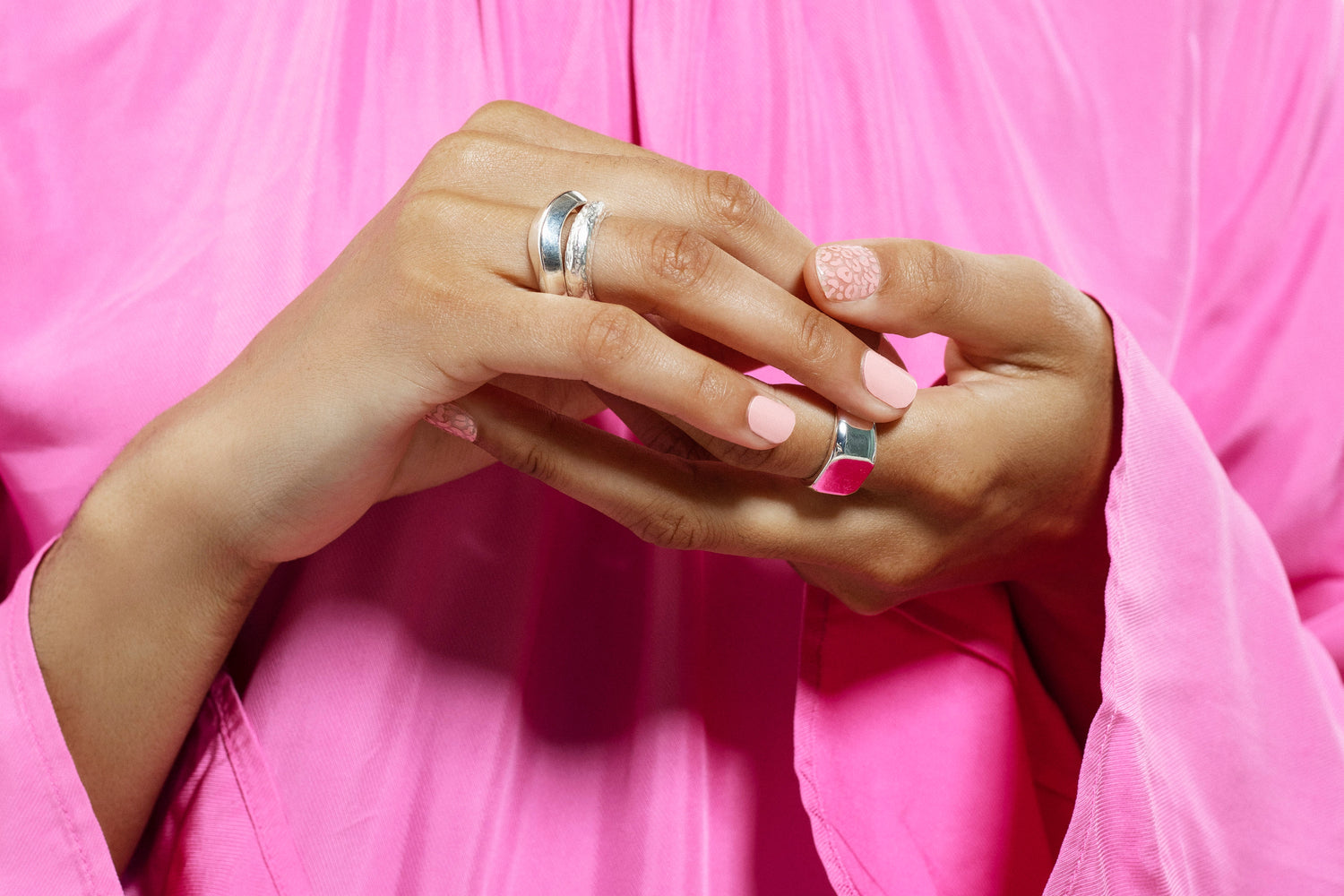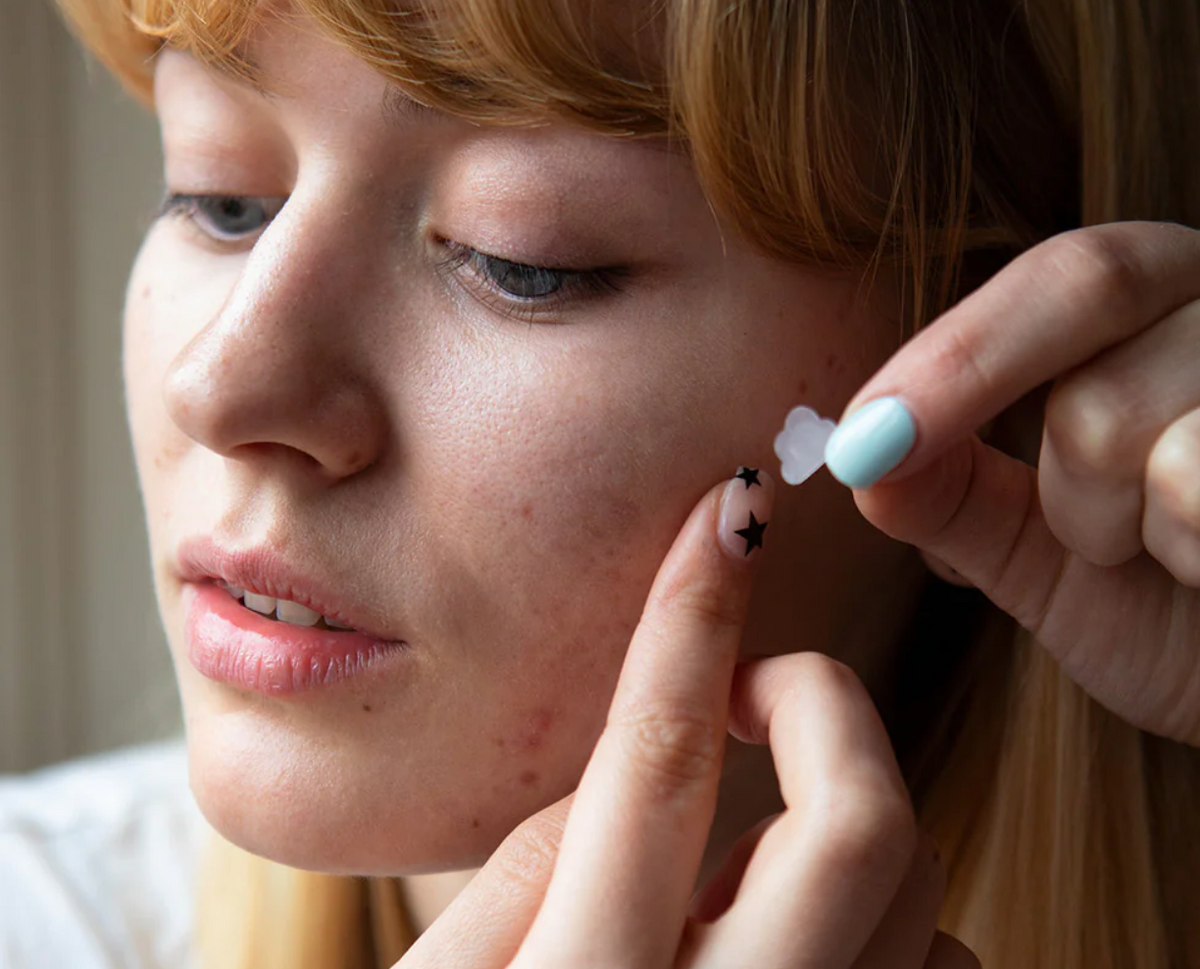

Acne is a common skin condition that affects many people, especially teenagers.
While acne is not a serious medical condition, it can be frustrating and mentally challenging for those who suffer from it. In this article, we'll explore why teenagers get acne and what can be done to prevent and treat it.
Common Causes of Acne
HORMONAL CHANGES
One of the main reasons teenagers get acne is the hormonal changes that occur during puberty. During this time, the body produces more androgens, which are male hormones present in both males and females. Androgens stimulate the sebaceous glands in the skin to produce more oil, which can clog pores and lead to acne.
GENETICS
Another factor that can contribute to acne in teenagers is genetics. If your parents or siblings had acne, you may be more likely to develop it yourself. Certain genes can make your skin more sensitive to hormones and prone to acne.
STRESS
Stress can also play a role in the development of acne. When you're under stress, your body produces more cortisol, a hormone that can increase oil production in the skin. This can lead to clogged pores and breakouts.
DIET (KIND OF)
While there is no direct link between diet and acne, some studies suggest that certain foods may trigger breakouts in some people. For example, foods high in sugar and refined carbohydrates may increase insulin levels in the body, leading to inflammation and acne. Various studies also suggest a link between cow's milk and acne, and a high whey protein intake (also made from cow's milk) and acne. But remember that the connection is still unclear and that diet is never the underlying cause of acne.


Treatment Options
Fortunately, there are several treatment options available for teenagers with acne.
Over-the-counter products including ingredients such as benzoyl peroxide and salicylic acid can effectively treat mild to moderate acne. Cloud Water, a gentle exfoliating toner, contains 2% BHA (salicylic acid) and is specially formulated to prevent pimples/acne breakouts by dissolving excess sebum and regulating sebum production.
Prescription medications, such as topical retinoids and oral antibiotics, may be necessary for more severe cases of acne.
Pimple patches are a perfect solution for speeding up the healing process and getting rid of the pimple faster. They also protect skin against picking and outer bacteria that can worsen inflammation and cause hard-to-treat scarring. However, pimple patches can never treat the underlying issue. Think of them as a band-aid (which they are!). They help the wound heal but can't stop the wound (or pimple) from happening in the first place.
In addition to skincare, over-the-counter treatments and medication, several lifestyle changes can help prevent and treat acne. These include:
- Washing your face twice a day with a gentle cleanser such as Cloud Wash, a cleanser that won't dry or strip your oh-so-important skin barrier.
- Avoiding touching your face with your hands.
- Using non-comedogenic makeup and skincare products.
-
Eating a balanced diet rich in fruits, vegetables, and whole grains.
- Getting enough sleep and managing stress.
Conclusion
It's important to remember that everyone's skin is unique, and what works for one person may not work for another. If you or your teenager is struggling with acne, consulting a dermatologist is a great step to create a personalised treatment plan tailored to your specific needs. With the right combination of treatments and lifestyle adjustments, managing and minimising acne's impact effectively is possible, helping teenagers feel more confident and comfortable in their skin.


